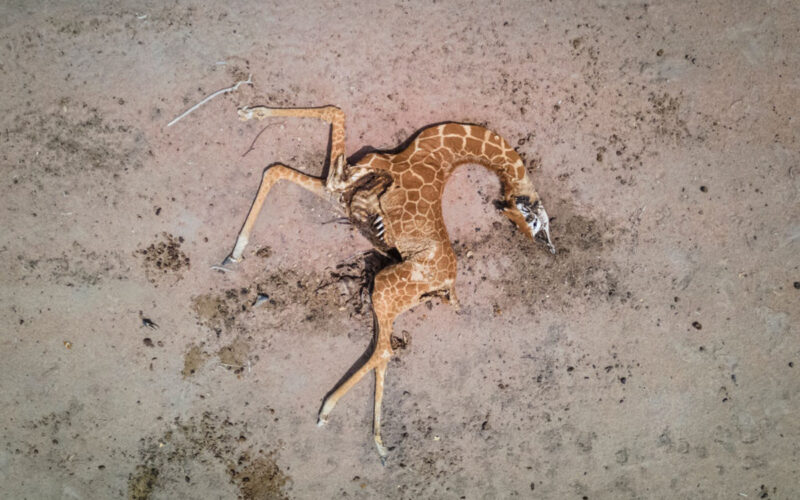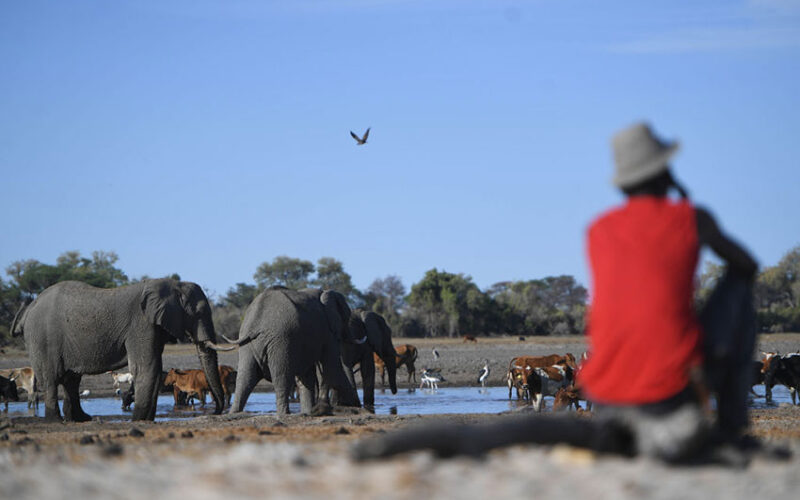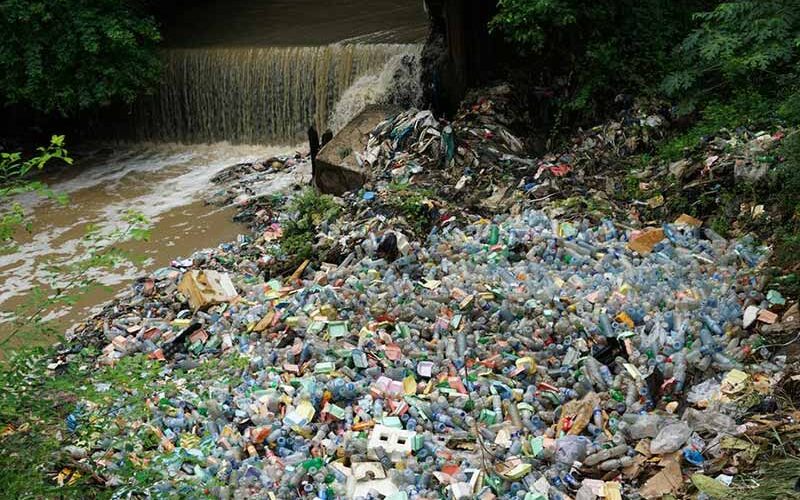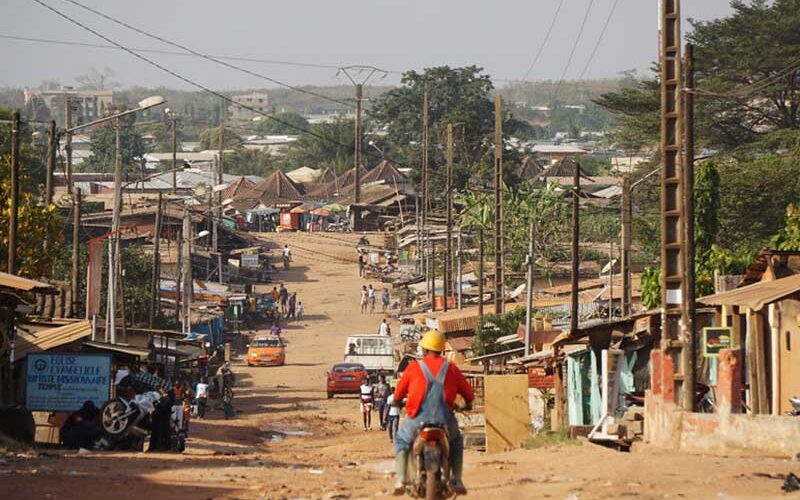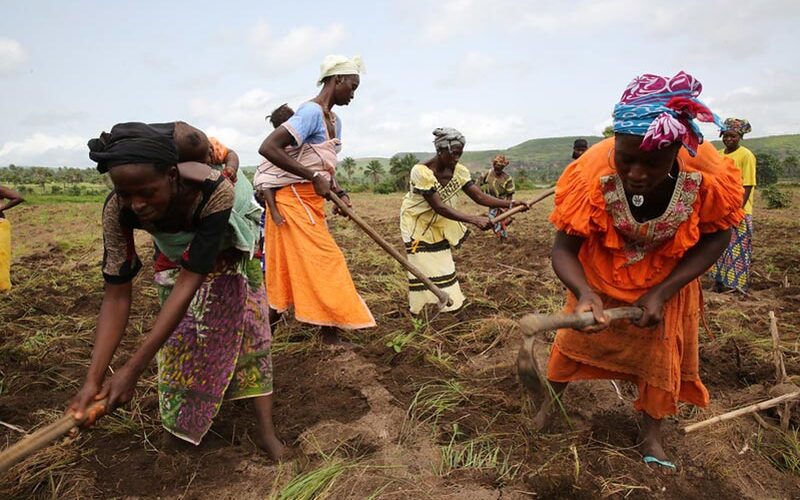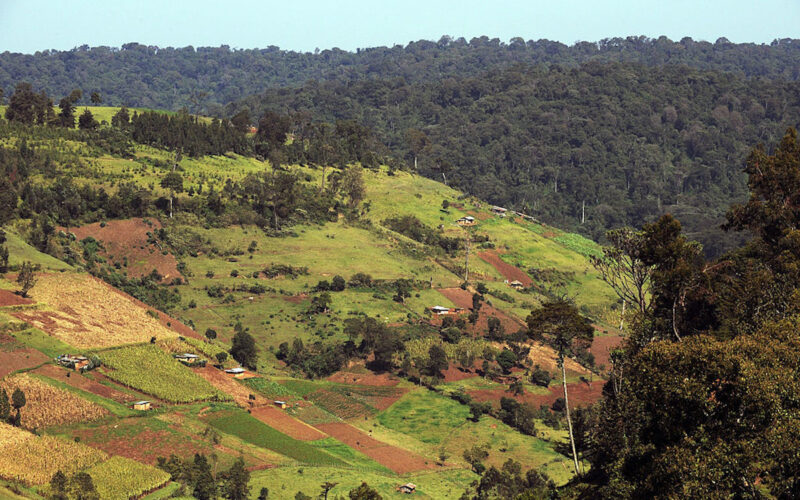
How politics has subverted conservation efforts to protect Kenya’s Mau Forest
THE Mau Forest Complex is the largest montane tropical forest in East Africa. This is an ecosystem with rich biodiversity and is characterised by high rainfall. Composed of 22 forest sectors, the Mau is located in Kenya’s Rift Valley, the heart of the country’s fertile and rain-fed highlands. The forest plays a pivotal role in feeding a large part of the country’s water network. The Mau Forest’s 380,000 hectares have witnessed a long and tormented history of human habitation. It’s a territory hotly contested. Authors STEFANIA ALBERTAZZI, Postdoctoral fellow, University of Milan FRANCESCA DI MATTEO, Researcher, French Institute for Research…

